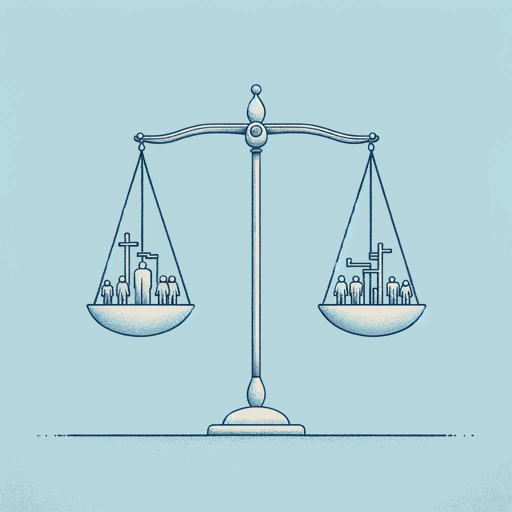53 pages • 1 hour read
Anthony DownsAn Economic Theory of Democracy
Nonfiction | Book | Adult | Published in 1957A modern alternative to SparkNotes and CliffsNotes, SuperSummary offers high-quality Study Guides with detailed chapter summaries and analysis of major themes, characters, and more.
Part 3, Chapters 11-14Chapter Summaries & Analyses
Part 3: “Special Effects of Information Costs”
Part 3, Chapter 11 Summary: “The Process of Being Informed”
Chapter 11 turns to the question of how citizens acquire the information necessary to vote rationally. To be informed, someone needs to know what their personal goals are, the options available for pursuing them, and the consequences of each choice. Even the formation of ultimate goals requires the expenditure of knowledge. Downs’s theory assumes the absence of false information, although mistakes are still possible. With respect to voting, the citizen must learn about relevant issues, policy options and their consequences, before deciding which party best secures their interests. All information is costly, whether they take the time to learn or pay for someone else’s expertise. The key question is how to decide which data is worth pursuing. A person must always select one form of data to the exclusion of other: Purely objective knowledge is impossible due to limited information and biases in data selection. People generally need specialists to provide them with information, whether from media or educational resources. In seeking out information from others, voters will be drawn toward those whose account of events resonates with what the voter would say if they had the requisite information, making them liable to the selection biases of their chosen expert.

